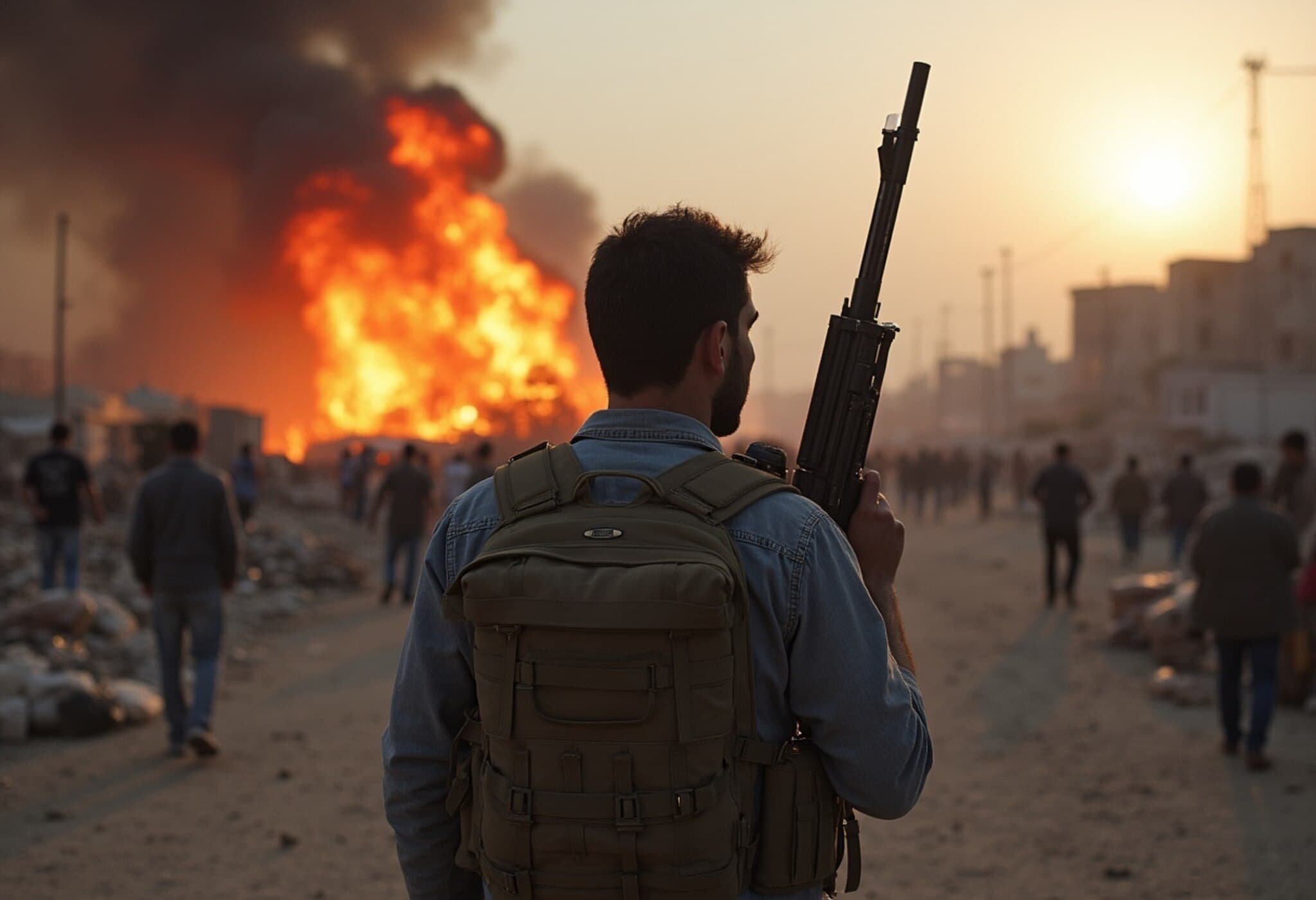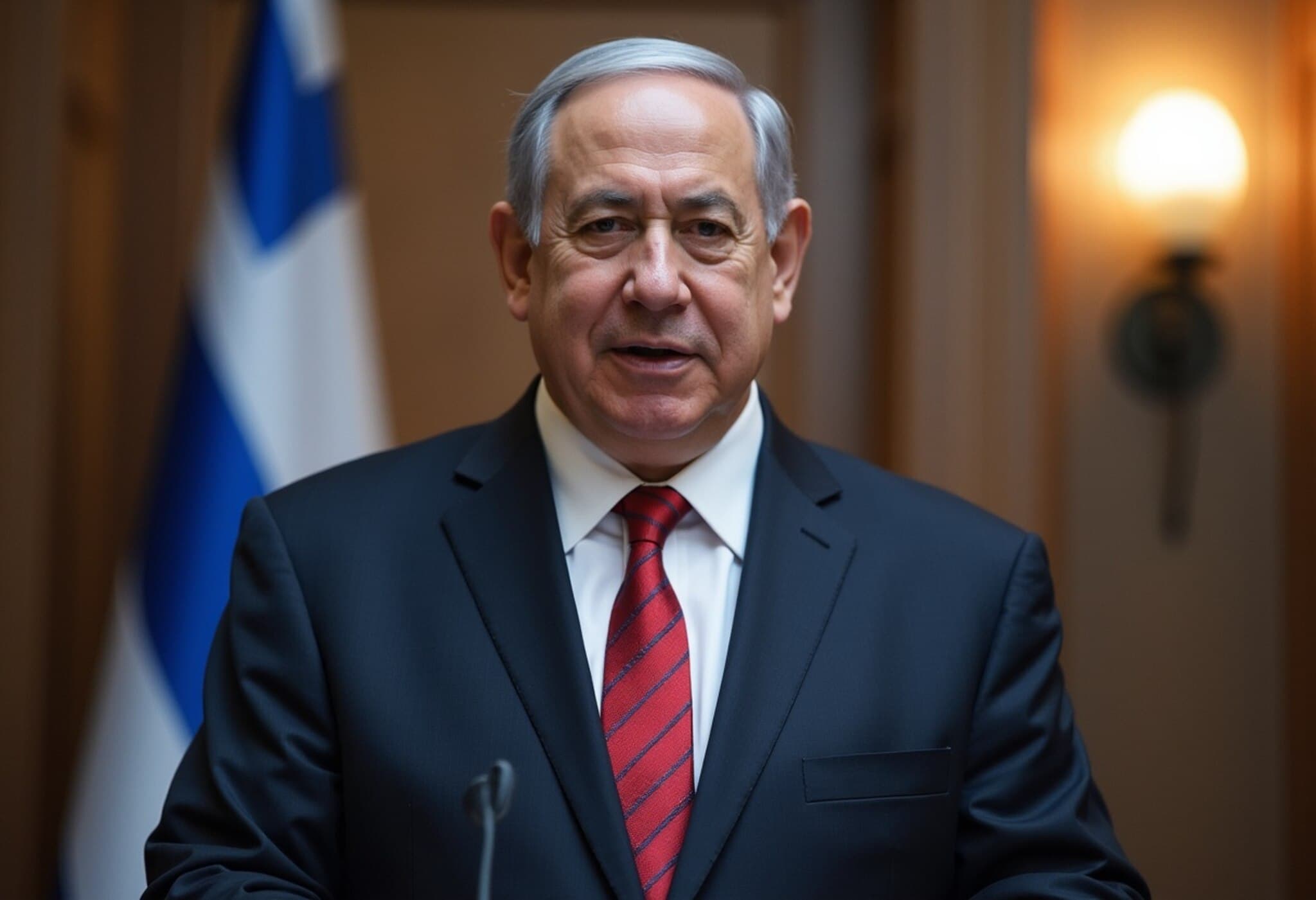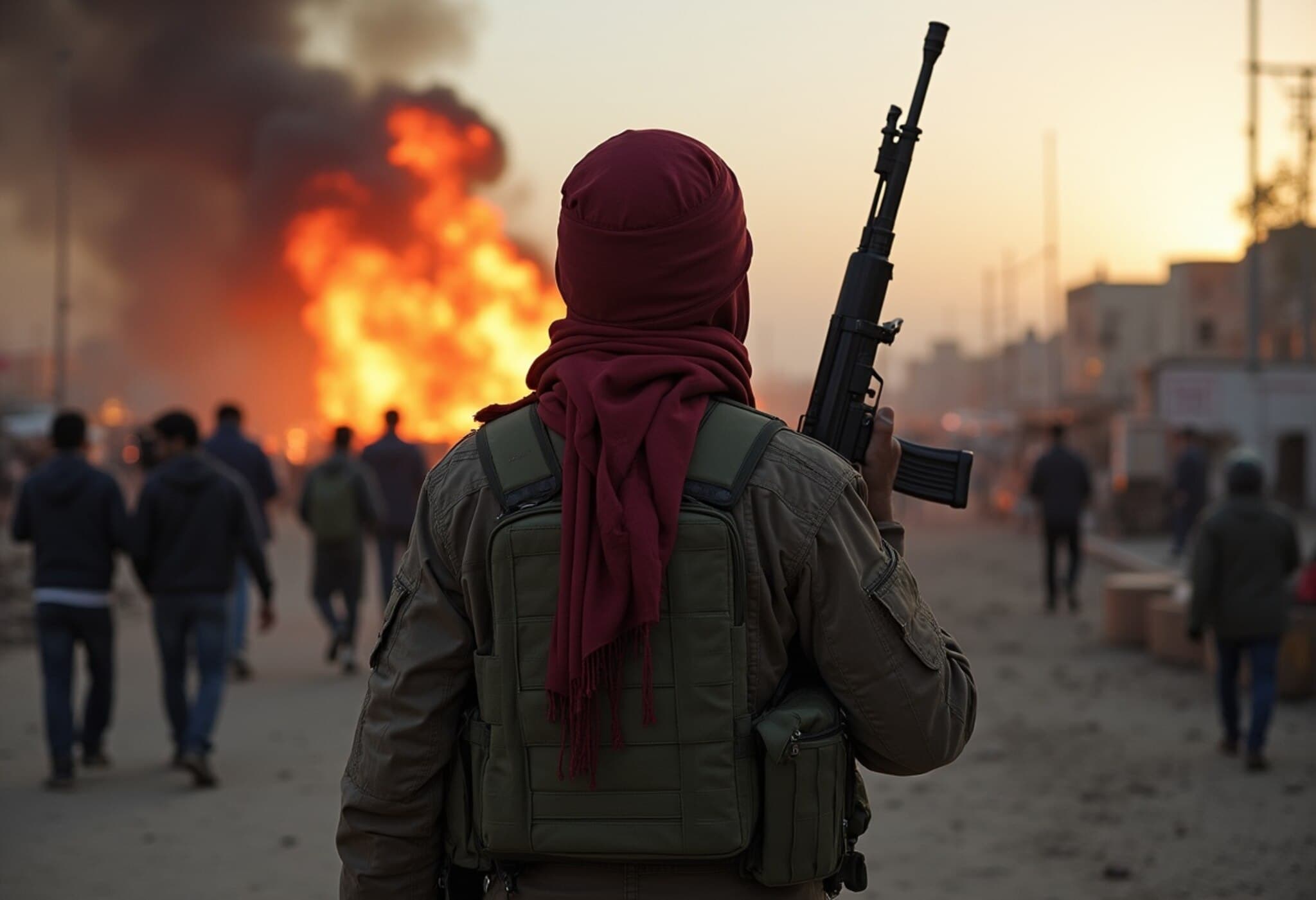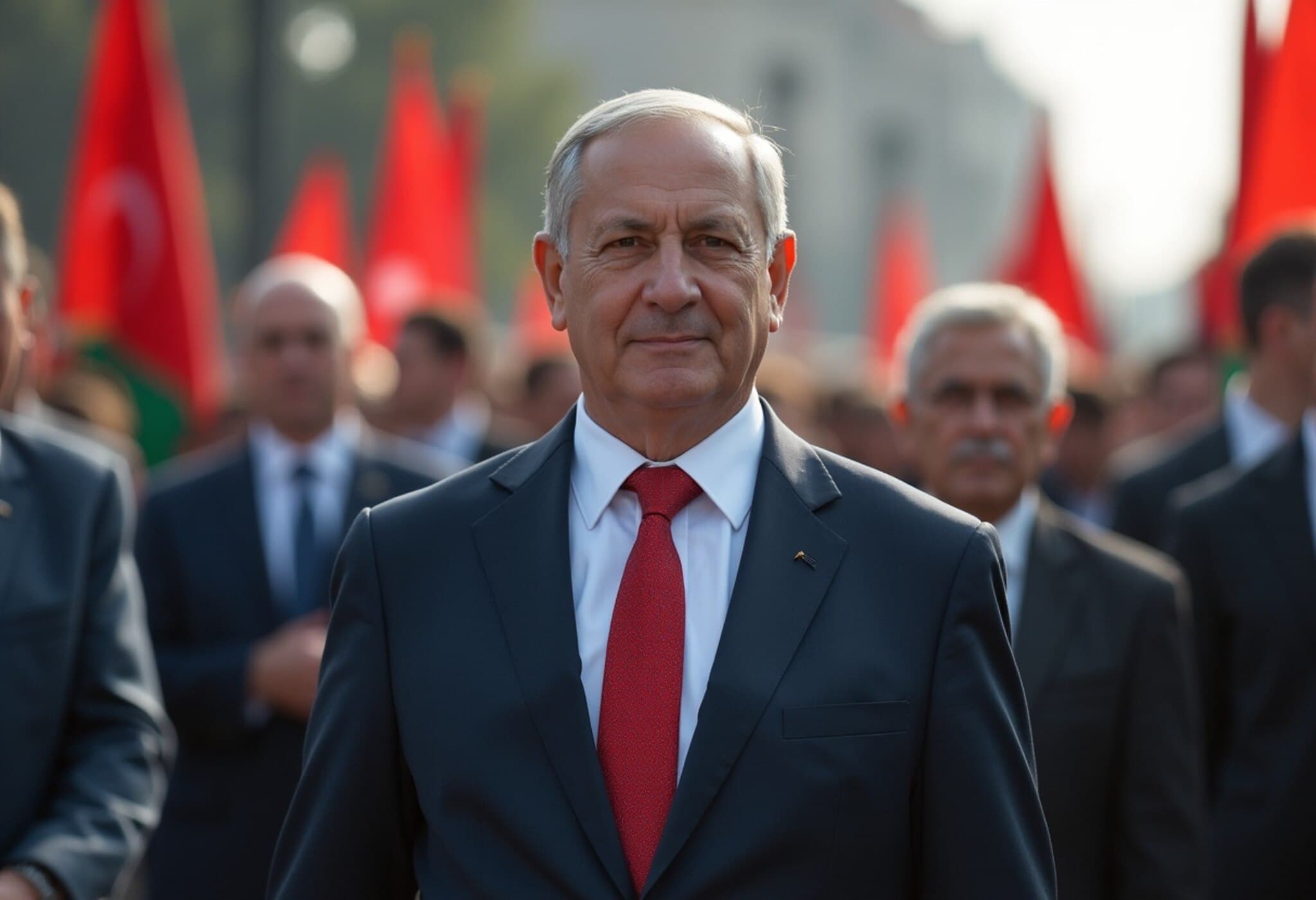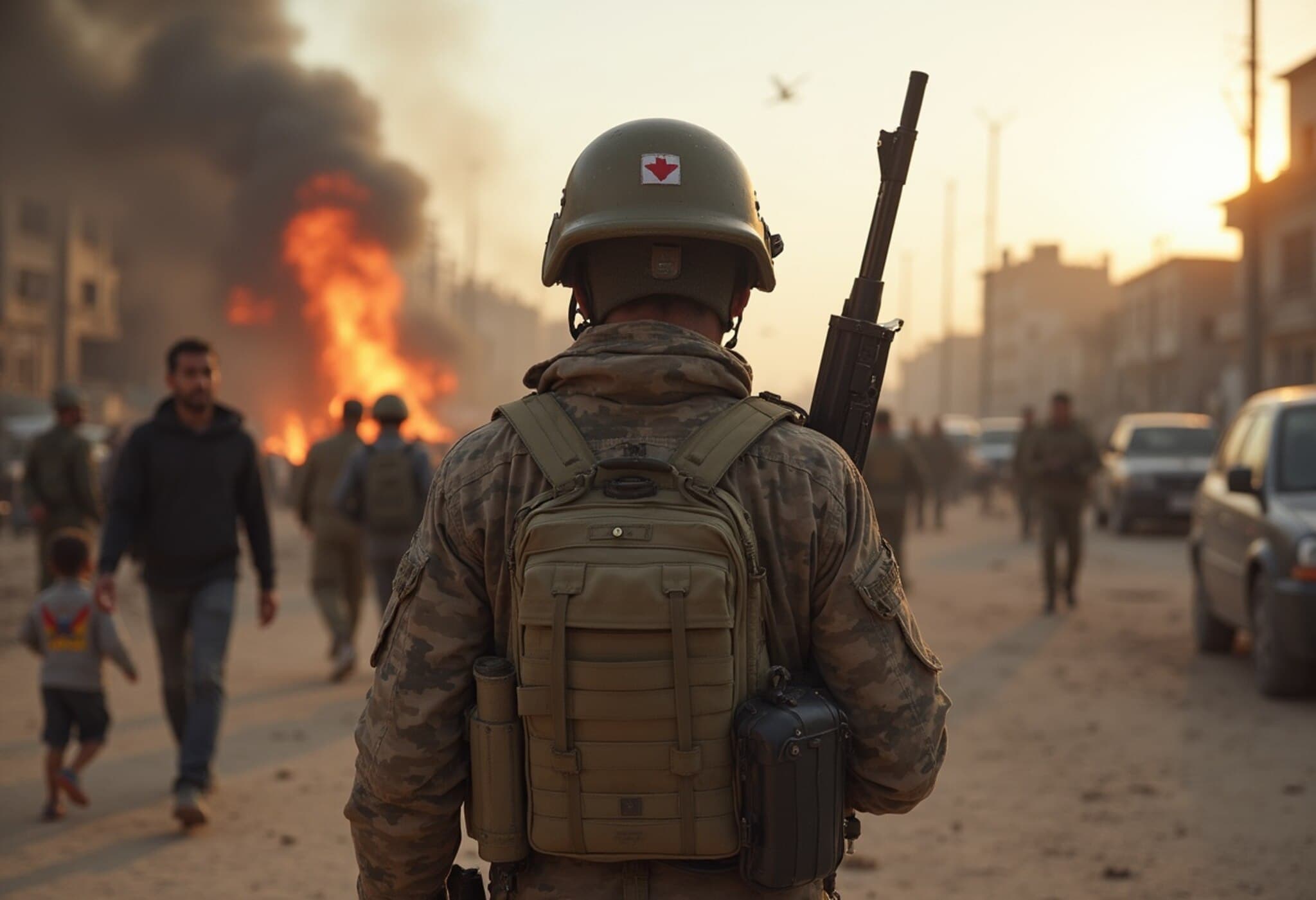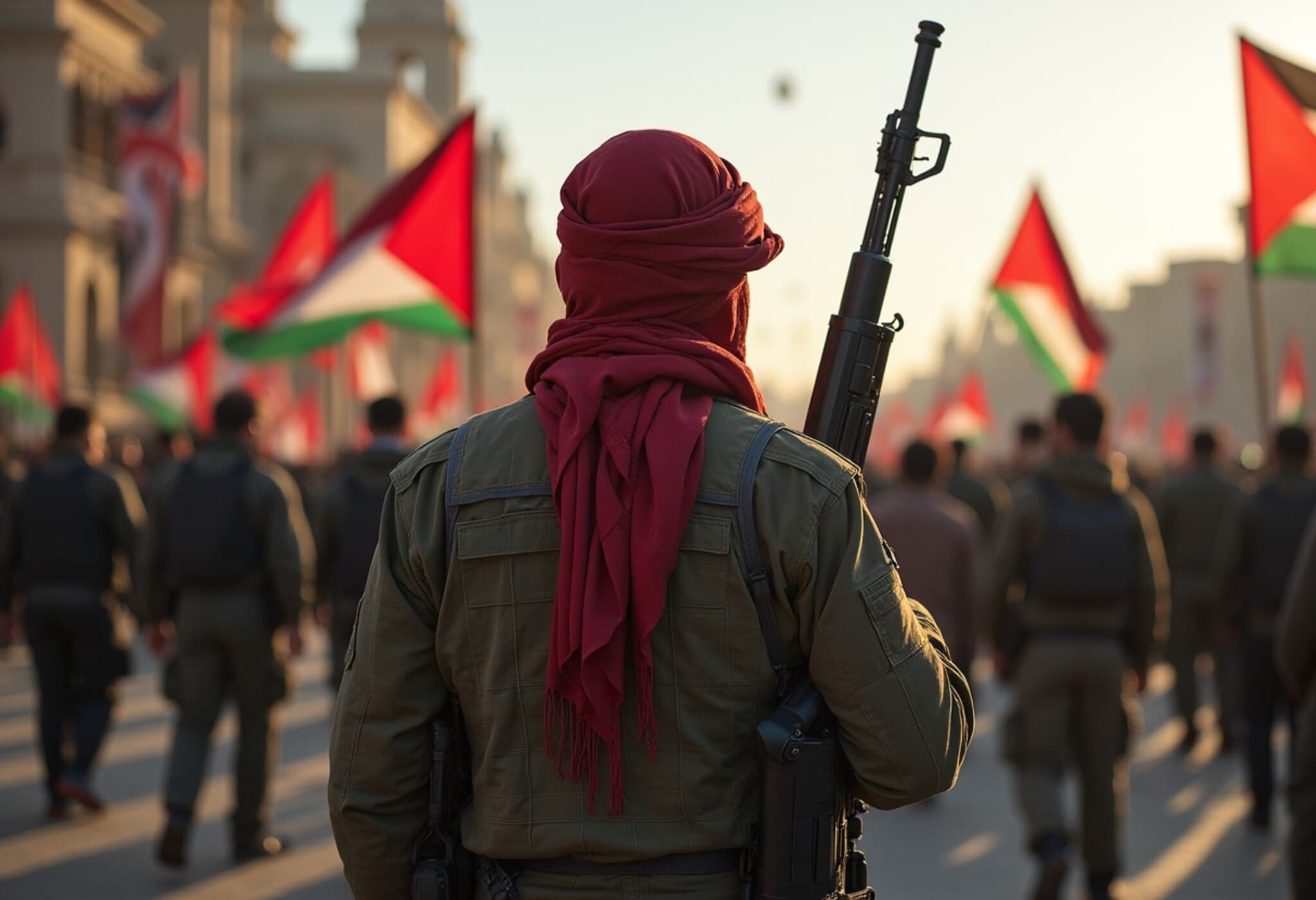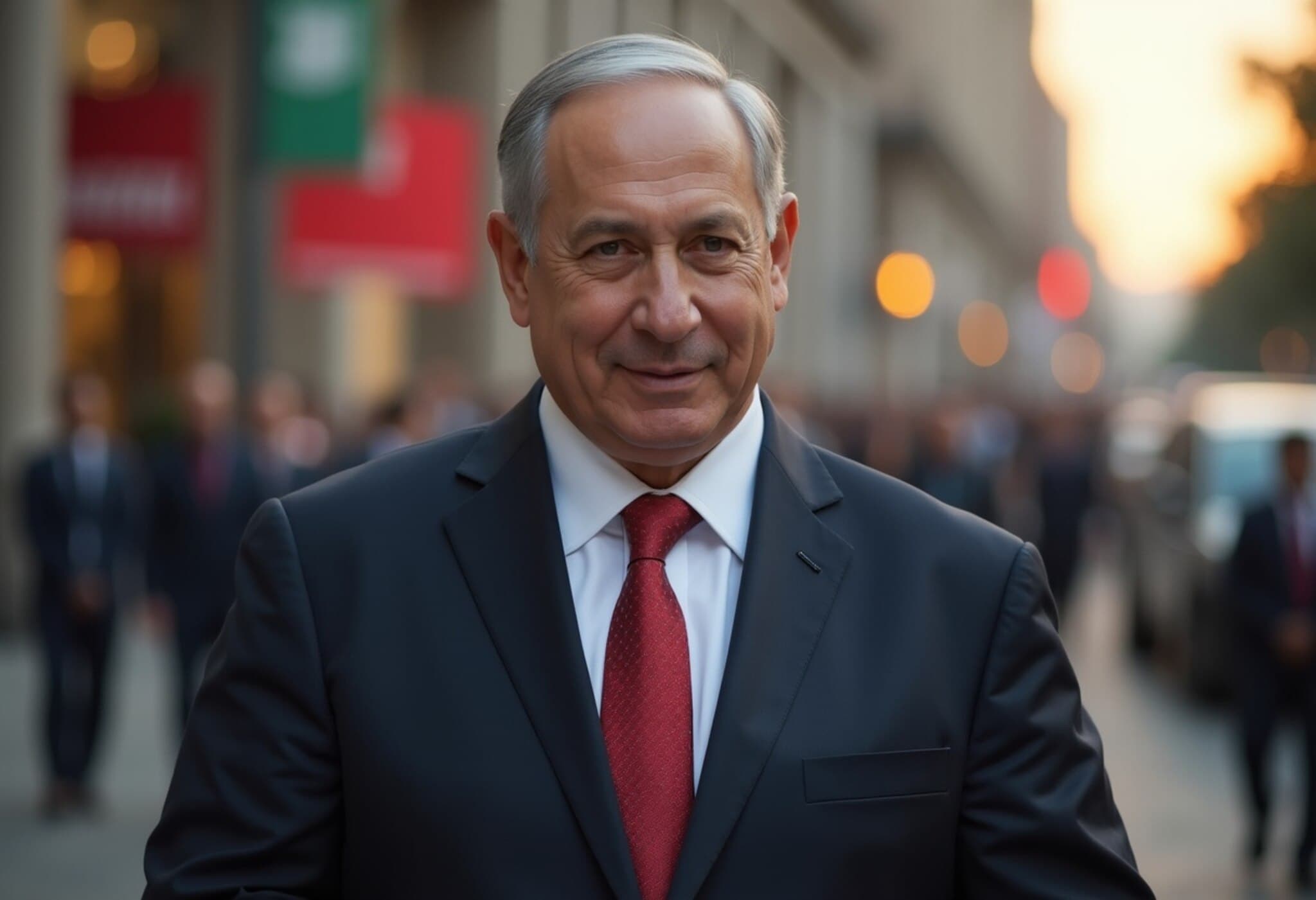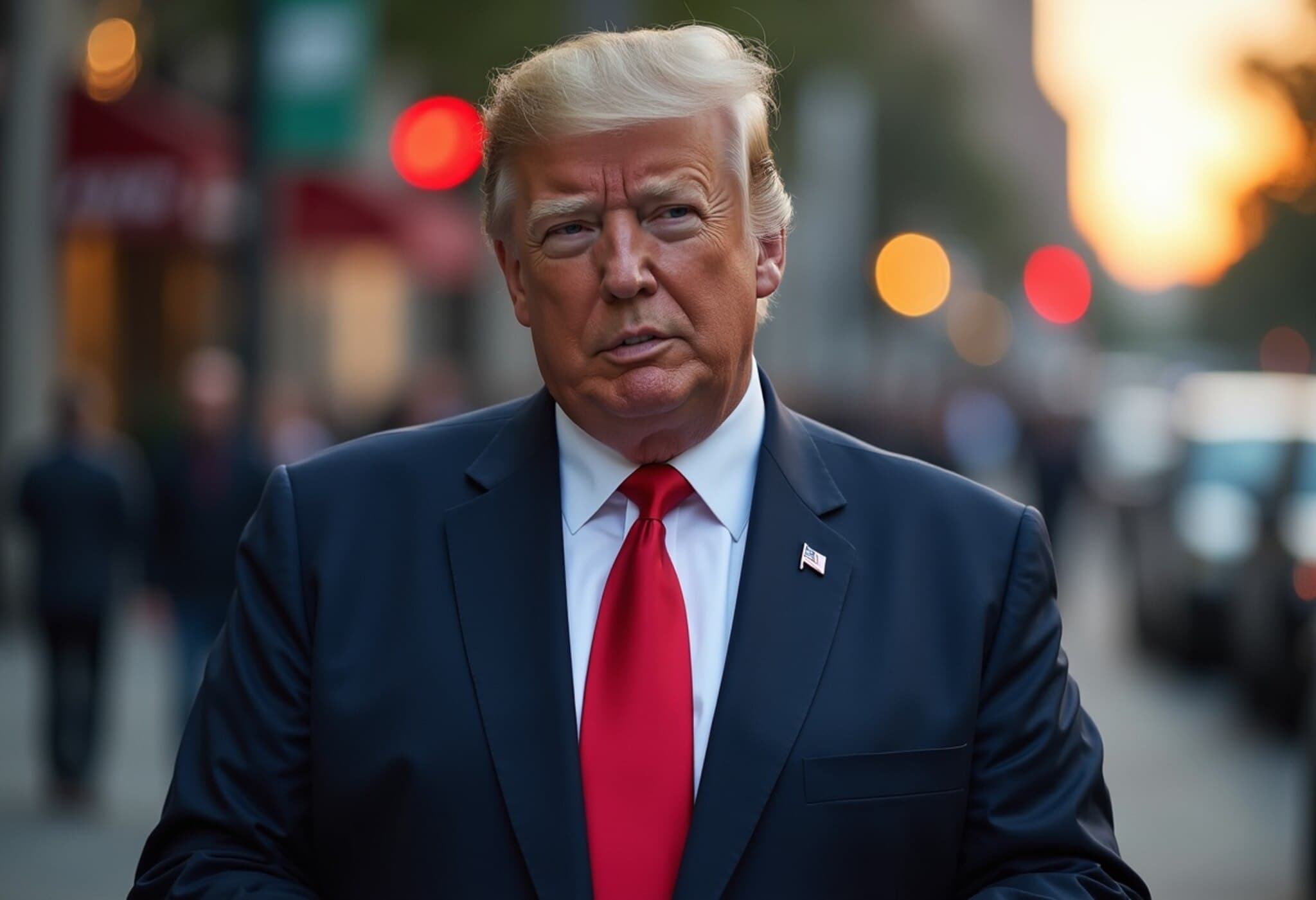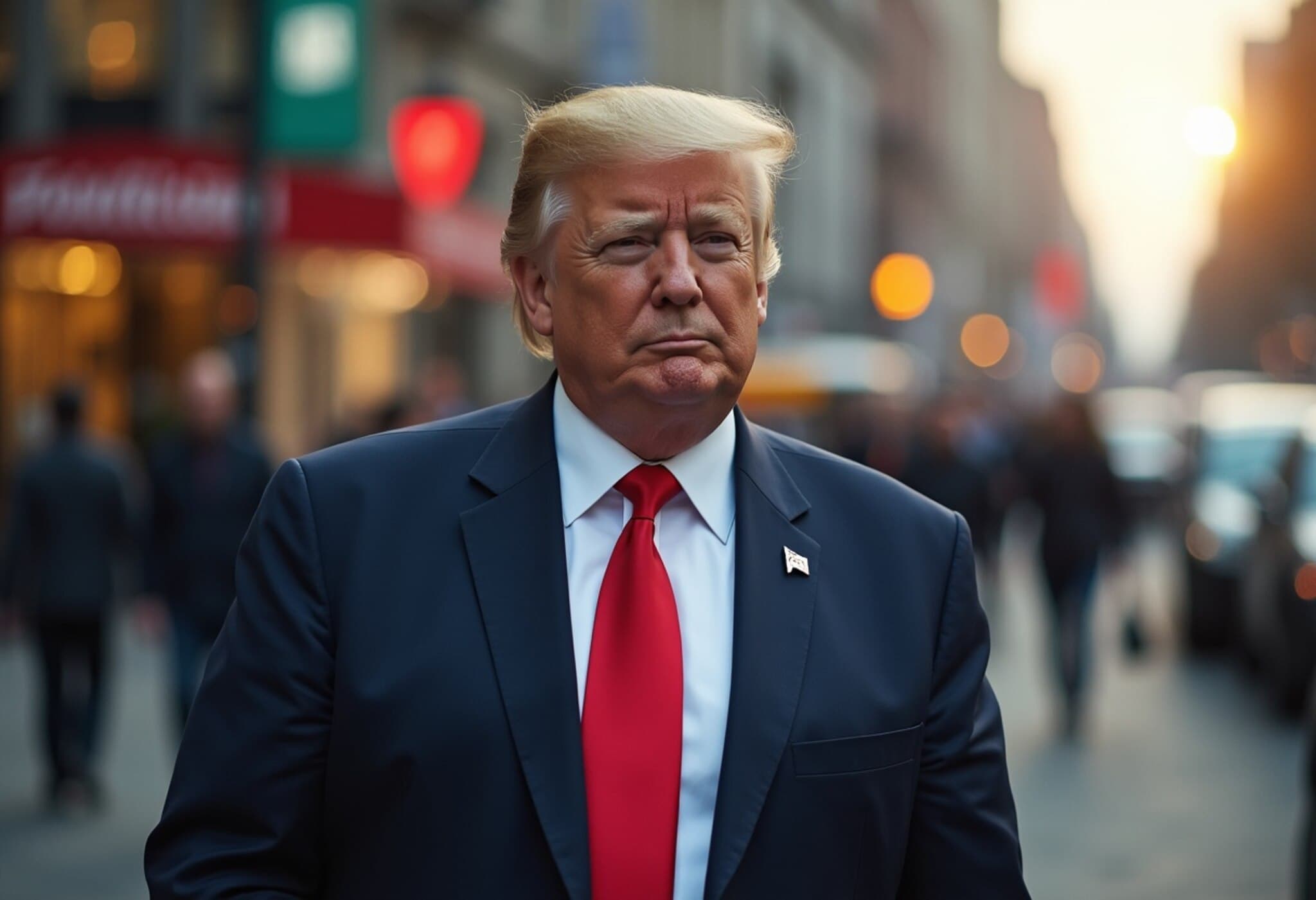Stalled Negotiations Signal Rising Tensions in Gaza Conflict
As the Gaza Strip grapples with an escalating humanitarian crisis marked by acute hunger and suffering, a high-ranking Israeli official has publicly stated that genuine negotiations with Hamas have effectively broken down. The official warned that in the current climate, a further military escalation appears almost inevitable, underscoring the growing pessimism surrounding peace efforts.
The Humanitarian Toll in Gaza
The ongoing blockade and restrictions imposed by Israel have severely limited the flow of essential aid into Gaza, plunging the Palestinian enclave into a dire hunger crisis. According to recent United Nations reports, at least 74 Palestinians have died from malnutrition and starvation, with 63 of these deaths occurring in July alone. Civilians face not only hunger but also the constant threat of violence.
Palestinians attribute these deaths to Israeli military actions, including airstrikes and gunfire. Controversially, evidence has surfaced suggesting Israeli forces have fired directly at Palestinians waiting for food supplies, further exacerbating the crisis. The United Nations has condemned these developments and documented attacks on convoys carrying humanitarian aid.
Negotiations Falter Amid Shifting Alliances
In candid remarks to The Jerusalem Post, an Israeli official indicated the absence of meaningful discussions with Hamas. “It now seems that an expanded military operation in Gaza is inevitable,” the official disclosed, highlighting the erosion of diplomatic channels. Adding complexity, Hamas has reportedly partially severed its ties with traditional regional mediators such as Qatar and Egypt, focusing more on dialogue with Turkey.
This realignment raises critical questions about the future of US-facilitated talks, historically brokered through Egypt and Qatar. With these backchannels weakening, the possibility of de-escalation diminishes, raising alarm about the trajectory of the conflict.
International Mediation and US Involvement
Amid these developments, US Special Envoy Steve Witkoff recently met with Israeli Prime Minister Benjamin Netanyahu in Jerusalem. Though details remain closely held, officials have expressed that the US administration and Israel are aligned on the next steps, signaling firm political backing for Israel’s approach.
Former President Donald Trump also weighed in via social media, placing responsibility squarely on Hamas and urging the group to surrender and release hostages as a means to alleviate the humanitarian crisis.
Expert Insights: What Does This Mean for Regional Stability?
From a policy perspective, the fragile state of negotiations and the hardening of positions foreshadow a potentially devastating escalation in Gaza. The international community faces a conundrum: balancing Israel’s security concerns with urgent humanitarian imperatives for Palestinians.
Experts caution that without renewed dialogue and the reopening of critical aid corridors, the humanitarian catastrophe may worsen, fueling further instability in an already volatile region. The erosion of traditional mediation roles held by Egypt and Qatar underscores a complex realignment in Middle Eastern diplomacy.
Looking Forward: A Call for Renewed Engagement
As public outrage grows worldwide over the plight of Gaza’s civilians, the path forward remains fraught. Sustainable peace demands innovative diplomacy that recognizes the deep-seated grievances on both sides while prioritizing humanitarian relief.
With escalation looming, the stakes have never been higher—not only for those trapped in Gaza but for regional and global peace.
Editor’s Note
The stark acknowledgment of stalled negotiations by an Israeli official invites critical reflection on the roles of regional actors and international mediators. It raises pressing questions: How can diplomatic channels be revived amid shifting alliances? What responsibility does the international community bear in preventing a deepening humanitarian disaster? And fundamentally, what strategies can break the cycle of violence to secure lasting peace? Readers are encouraged to follow ongoing developments closely, as the evolving dynamics in Gaza hold profound implications far beyond its borders.

